
Iskanderkul Lake: Tajikistan's Pristine Alpine Jewel
Nestled in the heart of the Fann Mountains, Iskanderkul Lake is a breathtaking alpine lake that offers a serene retreat for nature lovers and adventure seekers alike. Named after Alexander the Great, who is said to have passed through the region, this stunning destination is surrounded by towering peaks and lush greenery, making it a perfect spot for hiking, picnicking, and simply soaking in the majestic views. The lake itself is a striking turquoise blue, created by the mineral-rich waters that flow from the surrounding glaciers. Visitors can enjoy a leisurely boat ride across the lake, or explore the many nearby trails that lead to scenic viewpoints and hidden waterfalls. Bird watchers will also delight in the diverse array of avian species that call this area home. For those interested in the local culture, nearby villages offer a glimpse into the traditional Tajik way of life. Friendly locals are often happy to share stories and traditions, adding a rich cultural dimension to your visit. Whether you're seeking adventure, tranquility, or a bit of both, Iskanderkul Lake is a must-visit destination that promises an unforgettable experience.
Local tips in Iskanderkul Lake
- Visit during spring or early autumn for the best weather and fewer crowds.
- Pack warm clothing, as temperatures can drop significantly, especially at night.
- Bring cash, as there are very few ATMs in the remote areas around the lake.
- Hire a local guide to explore hidden trails and learn about the region's history.
- Don't miss the nearby Snake Lake, known for its unique shape and tranquil atmosphere.
Iskanderkul Lake: Tajikistan's Pristine Alpine Jewel
Nestled in the heart of the Fann Mountains, Iskanderkul Lake is a breathtaking alpine lake that offers a serene retreat for nature lovers and adventure seekers alike. Named after Alexander the Great, who is said to have passed through the region, this stunning destination is surrounded by towering peaks and lush greenery, making it a perfect spot for hiking, picnicking, and simply soaking in the majestic views. The lake itself is a striking turquoise blue, created by the mineral-rich waters that flow from the surrounding glaciers. Visitors can enjoy a leisurely boat ride across the lake, or explore the many nearby trails that lead to scenic viewpoints and hidden waterfalls. Bird watchers will also delight in the diverse array of avian species that call this area home. For those interested in the local culture, nearby villages offer a glimpse into the traditional Tajik way of life. Friendly locals are often happy to share stories and traditions, adding a rich cultural dimension to your visit. Whether you're seeking adventure, tranquility, or a bit of both, Iskanderkul Lake is a must-visit destination that promises an unforgettable experience.
When is the best time to go to Iskanderkul Lake?
Iconic landmarks you can’t miss
Iskanderkul
Discover the breathtaking beauty of Iskanderkul Lake, a stunning glacial jewel nestled in the Fann Mountains of Tajikistan, perfect for nature lovers and adventurers.
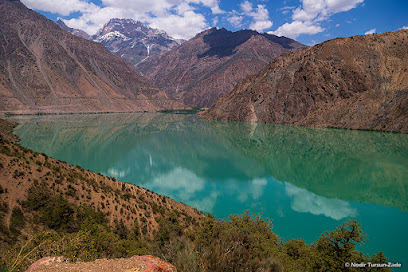
Waterfall of the Fann Mountains
Explore the breathtaking Waterfall of the Fann Mountains in Tajikistan—a stunning natural wonder surrounded by majestic peaks and vibrant landscapes.
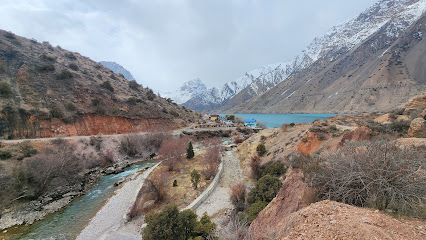
Panj-Chashma Springs
Experience the serenity of Panj-Chashma Springs, a hidden gem in Tajikistan, where nature's beauty and healing waters await.
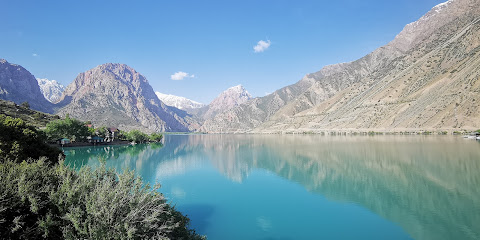
Iskanderkul View Point
Discover the stunning Iskanderkul View Point in Tajikistan, a breathtaking destination showcasing nature's beauty and tranquility.
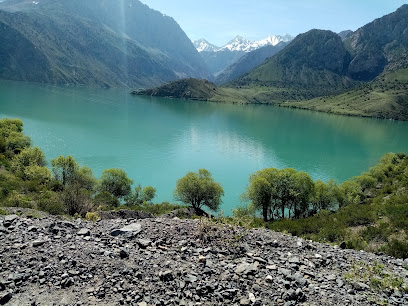
Iskander Lake Viewpoint
Discover the stunning beauty of Iskander Lake Viewpoint in Tajikistan, where breathtaking landscapes and serene waters await every visitor.
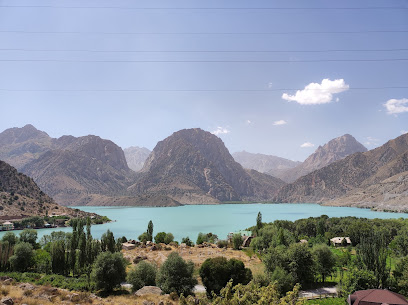
Turist Base of Iskandarkul
Explore the captivating beauty of Iskandarkul Lake from the Turist Base, your perfect Tajikistan getaway for nature and adventure.
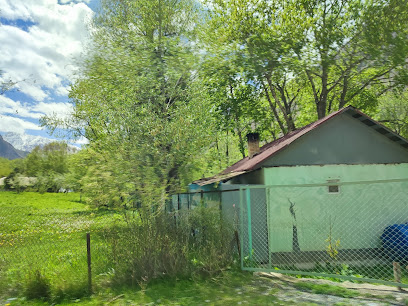
Kuli Iskandarkul
Discover Kuli Iskandarkul, a serene lake in Tajikistan surrounded by majestic mountains, perfect for nature lovers and adventure seekers alike.
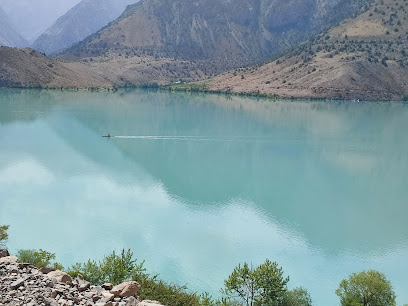
Unmissable attractions to see
Iskanderkul
Discover the breathtaking beauty of Iskanderkul Lake in Tajikistan, where turquoise waters meet majestic mountain landscapes for an unforgettable adventure.
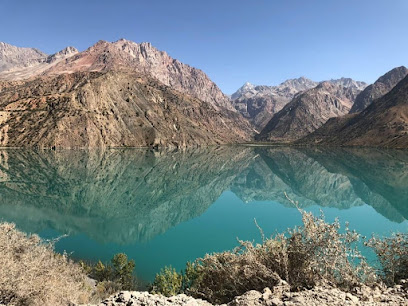
Turbaza Iskanderkul
Experience the serene beauty of Turbaza Iskanderkul, a hidden gem in Tajikistan ideal for nature lovers and adventure seekers.
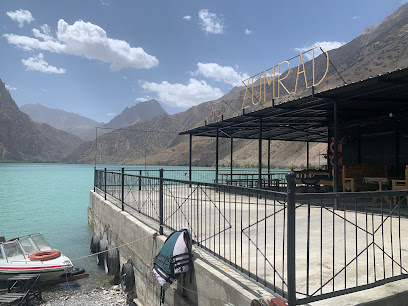
Iskanderkul View Point
Discover the stunning vistas and tranquility at Iskanderkul View Point, a natural gem in the heart of Tajikistan's Fann Mountains.
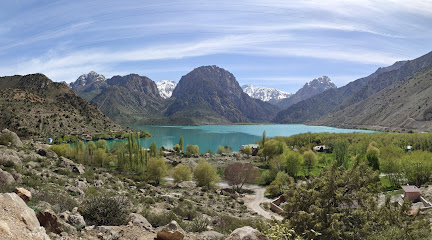
Iskander Lake Viewpoint
Experience stunning views and tranquility at Iskander Lake Viewpoint, a gem of Tajikistan's breathtaking landscapes.
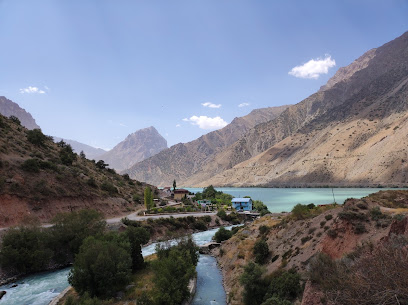
Kuli Iskandarkul
Discover the breathtaking beauty of Kuli Iskandarkul, a serene lake nestled in the Fann Mountains of Tajikistan, perfect for nature lovers and adventurers.
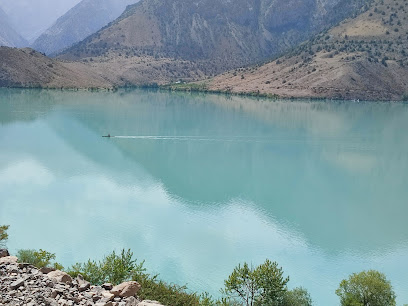
Essential places to dine
Çıtır Usta
Experience authentic Turkish flavors at Çıtır Usta in Dushanbe - where culinary tradition meets warm hospitality.
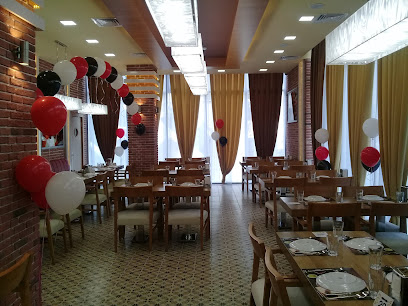
Merve Restaurant
Savor authentic Turkish cuisine at Merve Restaurant in Dushanbe - where every dish tells a story!
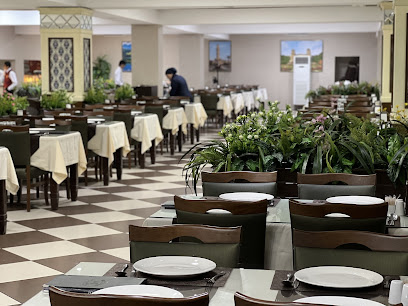
Rohat Teahouse
Discover authentic Tajik cuisine at Rohat Teahouse in Dushanbe—where tradition meets flavor in a charming atmosphere.
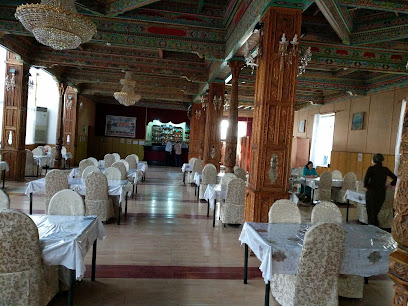
Sayoh Restaurant
Savor authentic Tajik cuisine at Sayoh Restaurant in Dushanbe - where every meal is a celebration of flavor and culture.
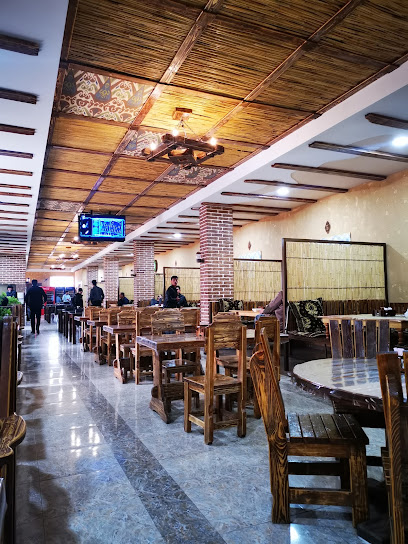
Bukhara
Discover Bukhara in Dushanbe: A delightful restaurant serving authentic Tajik cuisine with warm hospitality and vibrant cultural experiences.
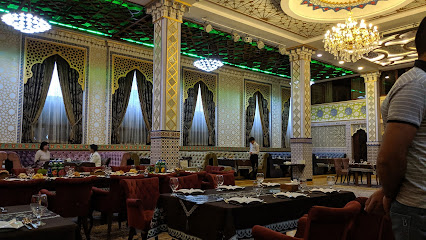
Toqi Teahouse
Experience authentic Tajik cuisine at Toqi Teahouse in Dushanbe – where culture meets flavor in every dish.
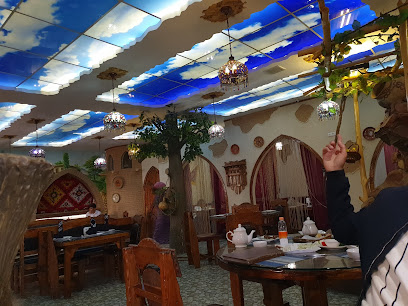
Yakkachinar Restaurant
Experience authentic Tajik flavors at Yakkachinar Restaurant - where every dish tells a story in the heart of Dushanbe.

Best Bar City
Discover Dushanbe's best nightlife experience at Best Bar City - where live music meets great drinks in an unforgettable setting.
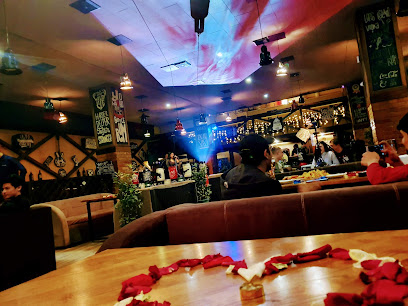
Segafredo
Discover Segafredo in Dushanbe: A charming cafe-bar offering delicious cuisine and delightful drinks amidst vibrant local culture.

Restaurant Sharbat
Discover authentic Tajik cuisine at Restaurant Sharbat in Dushanbe - where tradition meets flavor in every dish.
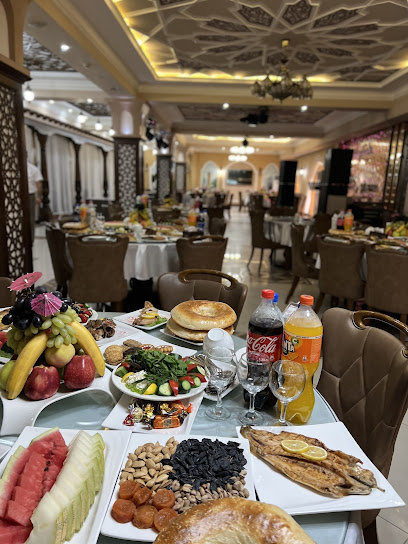
Sultanbey
Discover the authentic flavors of Turkey at Sultanbey in Dushanbe – where every dish tells a story.

Il Patio
Discover authentic Italian flavors at Il Patio in Dushanbe – where every meal is a celebration of taste and tradition.
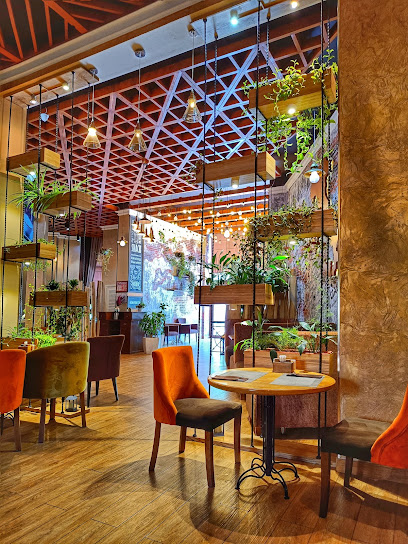
Iskanderkul
Explore Iskanderkul Lake: A stunning glacial lake surrounded by mountains in Tajikistan perfect for adventure seekers and nature lovers alike.
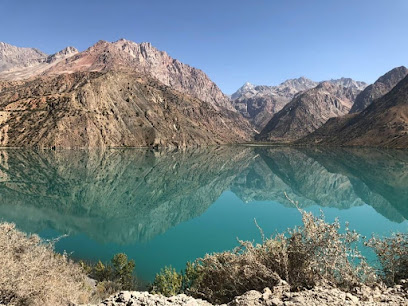
Rudaki House Restaurant
Discover the rich flavors of Tajik cuisine at Rudaki House Restaurant in Dushanbe - where tradition meets taste.

Zafar Restaurant
Savor authentic Tajik cuisine at Zafar Restaurant in Dushanbe – where tradition meets flavor in a welcoming atmosphere.
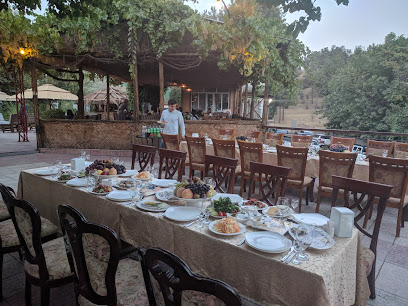
Markets, malls and hidden boutiques
Iskanderkul
Discover Iskanderkul Lake: A breathtaking natural wonder in Tajikistan, surrounded by stunning mountains and rich in biodiversity.
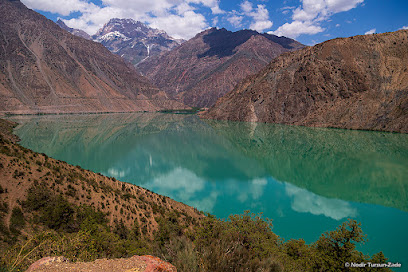
Noor Art Gallery
Explore the rich artistry of Noor Art Gallery in Dushanbe, where contemporary and traditional Tajik culture come to life through stunning artworks and unique souvenirs.

Iskander Lake Viewpoint
Explore the serene beauty of Iskander Lake Viewpoint, where breathtaking views of nature await in the heart of Tajikistan.
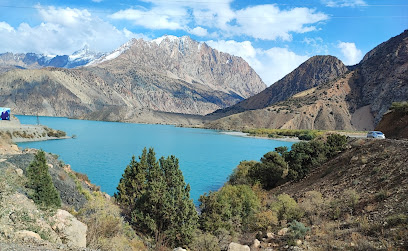
Мағозаи Шарифҷон ( RS01)
Explore the rich culture of Tajikistan at Мағозаи Шарифҷон, where local crafts and delicious treats await every traveler.

Shop ( Magoza)
Discover the charm of Magoza, a unique store in Sarytag, Tajikistan, where local crafts and culture come together in a delightful shopping experience.
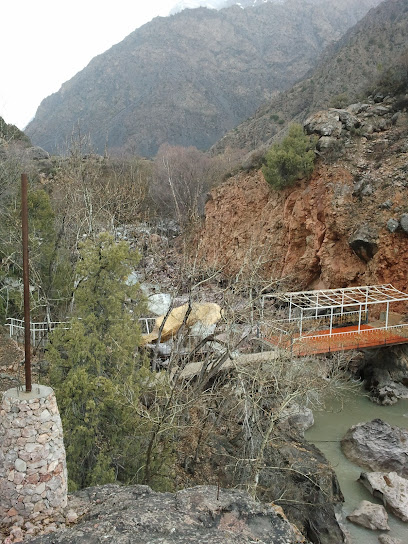
Craft Store \ Vintage clothes, accessories and souvenirs.
Explore Dushanbe's Craft Store for vintage clothing, unique accessories, and authentic souvenirs that reflect Tajik culture and artistry.

Magazin Narvad
Discover the heart of Tajikistan at Magazin Narvad, where local culture meets a unique shopping experience filled with authentic treasures.

Donish (shop)
Discover the charm of Sarytag at Donish Shop, where local crafts and traditions come to life in a welcoming atmosphere.

Magozai Shamsullo
Explore local crafts and authentic Tajik products at Magozai Shamsullo in Dizhik, a cultural shopping experience like no other.

Isroil
Discover the essence of Tajikistan at Isroil, a local store in Artuch offering unique handicrafts and authentic products.

Gift Gallery
Explore authentic Tajik crafts and unique souvenirs at Dushanbe's Gift Gallery, a treasure trove for every traveler seeking a piece of culture.

Dizhik
Explore Dizhik, a vibrant shopping destination in Tajikistan, where local culture meets unique craftsmanship and authentic souvenirs.

PLEIADES persian art store
Explore Dushanbe's rich artistic heritage at PLEIADES Persian Art Store, where unique gifts and cultural treasures await every visitor.
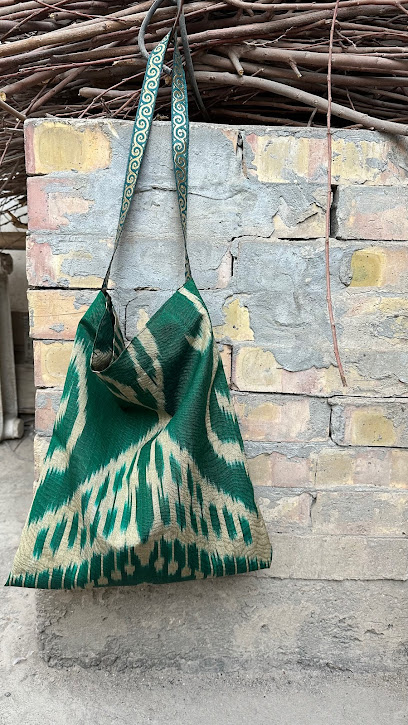
Art gallery i Souvenir shop.
Discover authentic Tajik art and unique souvenirs at Hisor's enchanting Art Gallery and Souvenir Shop, a treasure for every traveler.
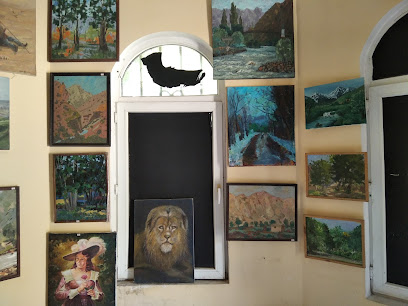
Мағозаи гардиши Мастчоҳ
Explore the vibrant world of traditional Tajik crafts and goods at Мағозаи гардиши Мастчоҳ in Sangistan, a cultural treasure for every traveler.
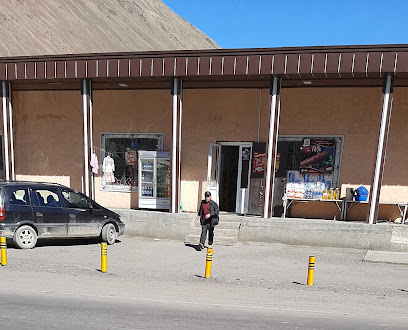
Essential bars & hidden hideouts
Best Bar City
Discover Dushanbe's nightlife at Best Bar City, a vibrant live music bar offering unforgettable performances and a diverse drink selection.

Sim Sim Pub
Discover the vibrant atmosphere and delicious menu at Sim Sim Pub in Dushanbe, where locals and tourists come together to enjoy great food and drinks.
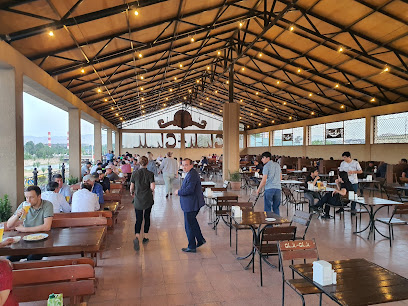
Public Pub
Experience the vibrant flavors and lively atmosphere of Public Pub in Dushanbe, a must-visit for culinary enthusiasts and nightlife seekers.
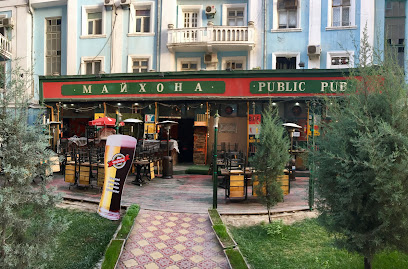
BUNDES BAR BNDS
Discover the vibrant ambiance and diverse drink offerings of Bundes Bar, the perfect nightlife spot in Dushanbe for locals and tourists alike.
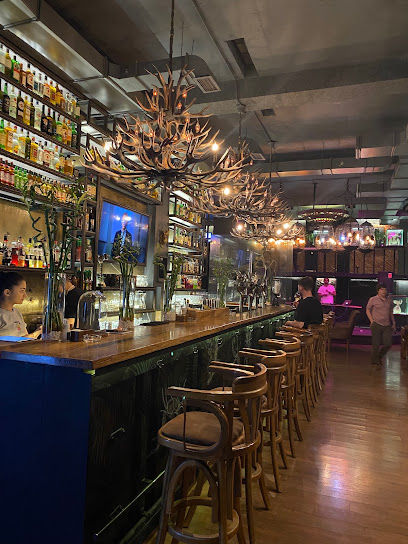
Ҳисор
Explore Hisor, Tajikistan: A blend of historical wonders and stunning natural beauty awaits you in this captivating destination.
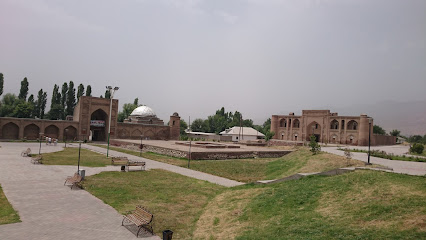
ETNO PUB
Experience Dushanbe's nightlife at ETNO PUB, a lively bar that blends local culture with a vibrant atmosphere for an unforgettable evening.
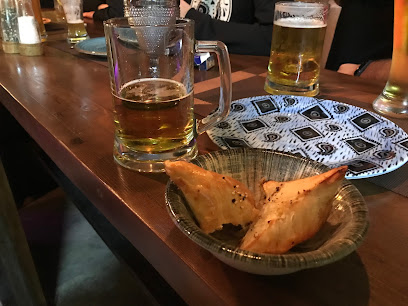
ZAVOD BAR
Experience the vibrant nightlife at Zavod Bar in Dushanbe, where unique aesthetics and a lively atmosphere create unforgettable memories.

Marsal Lounge & Bar
Discover the lively ambiance and diverse drink selection at Marsal Lounge & Bar, the perfect pub experience in Dushanbe, Tajikistan.

Central Bar
Experience Dushanbe's vibrant nightlife at Central Bar – a lively spot for drinks, music, and unforgettable memories.
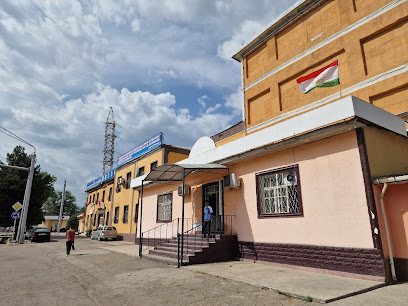
Guly's bar Khushori
Discover the charm of Guly's Bar Khushori in Pandzhkhok, where local culture and refreshing drinks come together in a cozy setting.
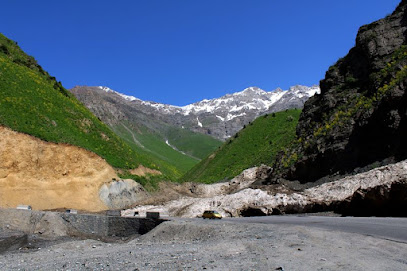
Sim-Sim Bar
Discover the lively Sim-Sim Bar in Dushanbe, a haven for beer enthusiasts with a diverse selection of brews and a welcoming atmosphere.
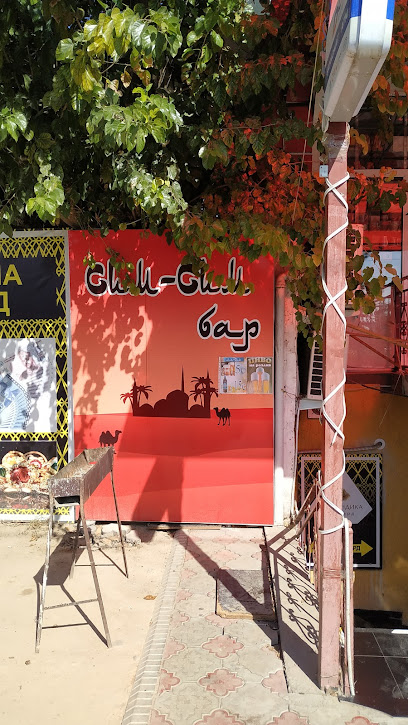
Kafe Bar Sim-Sim
Experience the Cozy Charm of Kafe Bar Sim-Sim in Tursunzoda, a Perfect Spot for Relaxation and Local Culture.
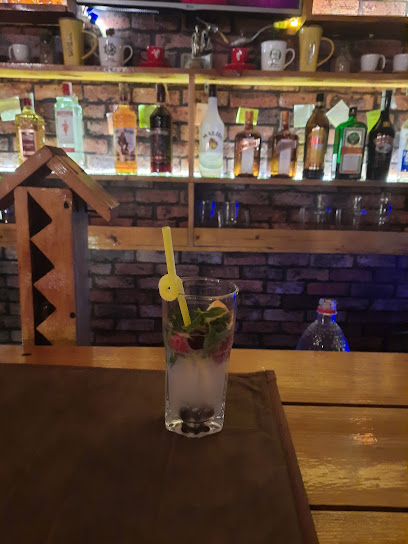
Korolevskiy
Experience the vibrant nightlife at Korolevskiy, a lively bar in Dushanbe offering a diverse selection of drinks and local culture.
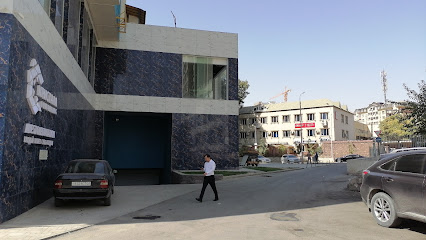
Bar Abdukakhkhor
Experience the vibrant culture and flavors of Tajikistan at Bar Abdukakhkhor, a must-visit bar in Anzob, perfect for unwinding and socializing.

Local Phrases about Iskanderkul Lake
-
- HelloСалом
[Salom] - GoodbyeХайр
[Khayr] - YesҲа
[Ha] - NoНе
[Ne] - Please/You're welcomeЛутфан
[Lutfan] - Thank youРаҳмат
[Rahmat] - Excuse me/SorryМазарат
[Mazarat] - How are you?Шумо чӣ хел хоҳед?
[Shumo chi khel khohed?] - Fine. And you?Хубам. О шумо?
[Khobam. O shumo?] - Do you speak English?Шумо англисӣ гап мезанед?
[Shumo anglisi gap mezaned?] - I don't understandМан фаҳм намекунам
[Man fahm namekunam]
- HelloСалом
-
- I'd like to see the menu, pleaseЛутфан менюро бинед
[Lutfan menyu-ro bined] - I don't eat meatМан гӯсфанд намехӯрам
[Man gusfand namekhuram] - Cheers!Сайёҳ!
[Sayyoh!] - I would like to pay, pleaseЛутфан ман хоҳам пул бафшавам
[Lutfan man khoham pul bafshavam]
- I'd like to see the menu, pleaseЛутфан менюро бинед
-
- Help!Кӯмак!
[Kumak!] - Go away!Равон шавед!
[Ravon shaved!] - Call the Police!Пул иҷро кунед!
[Pul ijro kuned!] - Call a doctor!Духтур иҷро кунед!
[Dokhtur ijro kuned!] - I'm lostМан гумшуда ҳастам
[Man gumshuda hastam] - I'm illМан бемор ҳастам
[Man bemor hastam]
- Help!Кӯмак!
-
- I'd like to buy...Ман мехоҳам харид кунам
[Man mekhoham harid kunam] - I'm just lookingМан танғорам
[Man tan'goram] - How much is it?Ин чанд мешавад?
[In chand meshavad?] - That's too expensiveИн хеле гаро гузораст
[In hele garo guzorast] - Can you lower the price?Шумо метавонед наро кам кунед?
[Shumo metavaned naro kam kuned?]
- I'd like to buy...Ман мехоҳам харид кунам
-
- What time is it?Саъат чанд мешавад?
[Sa'at chand meshavad?] - It's one o'clockСаъат як буд
[Sa'at yak bud] - Half past (10)Ним соат (дасҳ)
[Nim soat (dash)] - MorningСубҳ
[Subh] - AfternoonБе пӯст
[Be pust] - EveningШаб
[Shab] - YesterdayДирӯз
[Diroz] - TodayИмруз
[Imruz] - TomorrowПагоҳ
[Pagoh] - 1Як
[Yak] - 2Ду
[Du] - 3Се
[Se] - 4Чор
[Chor] - 5Панҷ
[Panj] - 6Шаш
[Shash] - 7ҳафт
[haft] - 8ҳашт
[hasht] - 9нӯҳ
[nuh] - 10даҳ
[dah]
- What time is it?Саъат чанд мешавад?
-
- Where's a/the...?Ҳарға ... аст?
[Harg'a ... ast?] - What's the address?Суроғат чист?
[Surog'at chist?] - Can you show me (on the map)?Шумо метавонед манро (дар харита) нишон диҳед?
[Shumo metavaned manro (dar kharita) nishon dihed?] - When's the next (bus)?Қадам баъд ки аст?
[Qadam ba'd ki ast?] - A ticket (to ....)Билет (ба ...)
[Bilet (ba ...)]
- Where's a/the...?Ҳарға ... аст?
History of Iskanderkul Lake
-
Iskanderkul Lake, named after Alexander the Great, also known as Iskander in Persian, has ancient origins dating back to the 4th century BCE. Legend has it that Alexander the Great passed through this region during his campaign to conquer Central Asia. The lake is said to be named after him, reflecting his far-reaching influence and the historical significance of his journey through Tajikistan.
-
Throughout the centuries, Iskanderkul Lake has been a prominent landmark along the ancient Silk Road. The lake served as a crucial stop for caravans traveling between the East and the West, providing a vital source of water and a place for rest. The surrounding region thrived as a hub of cultural exchange and trade, contributing to the rich history of the Silk Road.
-
During the Soviet era, Iskanderkul Lake became a focal point for scientific exploration and hydrological studies. Soviet scientists conducted extensive research on the lake's unique ecosystem, geology, and hydrology. The area was also developed for tourism, with infrastructure improvements making it more accessible to visitors from across the Soviet Union and beyond.
-
Iskanderkul Lake is located in a geologically active region prone to natural disasters. The area has experienced numerous earthquakes and landslides throughout history, which have shaped the lake's current landscape. One notable event was a significant landslide in the early 20th century that altered the lake's shoreline and affected local settlements. These geological activities have played a crucial role in the lake's history and continue to influence the region.
-
Iskanderkul Lake holds a special place in Tajik culture and folklore. It is often featured in local legends and stories, symbolizing the natural beauty and historical heritage of the country. The lake is a popular destination for both local and international tourists, who come to experience its serene environment and learn about its historical significance. Festivals and events are occasionally held at the lake, celebrating Tajik culture and traditions.
Iskanderkul Lake Essentials
-
Iskanderkul Lake is located in the Fann Mountains of Tajikistan, approximately 130 kilometers northwest of Dushanbe, the capital city. The most common way to reach Iskanderkul is by road. From Dushanbe, you can hire a private taxi or take a shared taxi from the main taxi stand near the central bazaar. The journey takes around 3-4 hours, passing through scenic mountain roads. Alternatively, you can arrange a guided tour that includes transportation to the lake.
-
Within the Iskanderkul area, transportation options are limited. Most visitors prefer to explore the area on foot to fully appreciate its natural beauty. For longer distances or to reach specific points of interest, you can hire local guides who offer transportation services, typically using 4x4 vehicles suitable for the rugged terrain. It is advisable to arrange transportation in advance, as public transport options are sparse.
-
The official currency in Tajikistan is the Tajikistani Somoni (TJS). While some accommodations and services may accept credit cards, it is advisable to carry cash for transactions, especially in remote areas like Iskanderkul. ATMs are available in Dushanbe, but they are rare in rural areas, so ensure you withdraw sufficient cash before departing the city.
-
Iskanderkul Lake is generally a safe destination for tourists. However, it is advisable to take standard precautions. Avoid hiking alone and inform someone of your plans before heading out. While there are no specific high-crime areas targeting tourists, it is always best to stay vigilant and aware of your surroundings. Exercise caution when driving on mountain roads, as they can be narrow and winding.
-
In case of emergency, dial 112 for immediate assistance. The nearest medical facilities are located in the nearby town of Ayni, but for serious medical issues, it is recommended to return to Dushanbe. Make sure to have travel insurance that covers medical emergencies and evacuation. For minor health issues, carry a basic first aid kit and any necessary medications.
-
Fashion: Do dress modestly, as Tajikistan is a conservative country. Avoid wearing revealing clothing. Religion: Do respect local customs and traditions. When visiting religious sites, dress appropriately and behave respectfully. Public Transport: Do be respectful to other passengers. Don’t eat or drink on public transport. Greetings: Do greet people with a handshake. A slight nod or bow is also a sign of respect. Eating & Drinking: Do try local dishes and accept food offerings graciously. Don’t refuse hospitality, as it is considered impolite.
-
To experience Iskanderkul Lake like a local, take time to interact with the local villagers. Participate in traditional activities like fishing or herding if offered. Visit the surrounding smaller lakes and waterfalls, such as Snake Lake and the 38-meter high waterfall referred to as 'Fann Niagara'. Enjoy local cuisine, including traditional dishes like plov and shashlik. Engaging with locals can provide insights into the culture and traditions of the region.
Nearby Cities to Iskanderkul Lake
-
Things To Do in Dushanbe
-
Things To Do in Panjakent
-
Things To Do in Vahdat
-
Things To Do in Istaravshan
-
Things To Do in Djizak
-
Things To Do in Jizzakh
-
Things To Do in Shakhrisabz
-
Things To Do in Samarkand
-
Things To Do in Khujand
-
Things To Do in Qarshi
-
Things To Do in Tashkent
-
Things To Do in Angren
-
Things To Do in Navoi
-
Things To Do in Mazar-i-Sharif
-
Things To Do in Chirchiq




